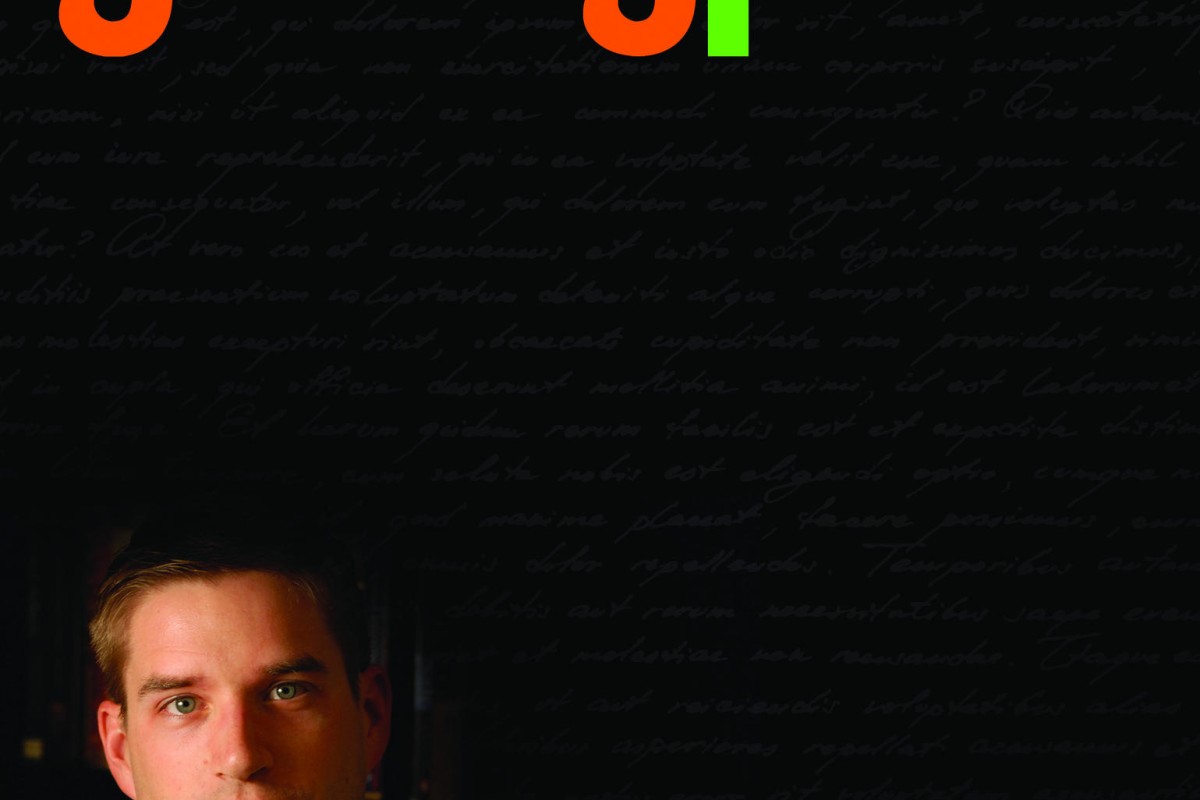
Work can be boring. It is all too easy to slip into put-off mode when faced with a series of mind-numbing tasks. However, Professor Calvin Newport, author of four student and career advice books and a study techniques blog, challenges the conventional wisdom on finding successful and satisfying work.
In How to Be a High School Superstar, Newport explains that success in student life does not require too much learning by memory, overwhelming activities, boredom and stress. Instead, a happy and low-stress life can be successful when focusing on a few interesting, unique and creative ventures.
At first glance, this seems idealistic: not everyone can launch a life-changing project before they are old enough to drive. It is difficult to rely on a few schemes that may finally flop. For some, it even seems easier to play it safe and drown yourself in the traditional laundry list of meaningless activities; at least then you're guaranteed to have something to show for your time.
Newport begs to differ. "I disagree that the laundry list schedule is playing it safe. For one thing, it is almost guaranteed to make your life miserable. And for another, there is compelling research, mentioned in my book, that having lots of mediocre activities can actually make you seem less impressive."
Ironically, the formula for ending up with an extraordinary life is in fact quite ordinary, Newport says: choose something interesting; focus on it intensely; do it well. This will open up new chances; take the most interesting of these options and repeat. "After a few times, you will likely end up having done something attention-catching," he says.
Whatever you choose to do should appeal to you so that you have a higher chance of success and get greater satisfaction. Becoming "So Good They Can't Ignore You" - the title of one of his other books - is an admirable goal but seems to let only the highly talented find satisfying jobs.
Newport says: "Becoming excellent at something is 99 per cent a function of persistently putting in the deliberate practice needed to get better, bit by bit. 'Talent' is not a big factor. Indeed, what we often call 'talent' is actually just the result of persistent practice, not a pre-existing inclination." So, understandably, there's no hidden shortcut. Grit is still the only way to sure-fire success.
Sceptics would say it is unlikely for a teenager to be that resourceful. Creating your own luck, having a huge drive and following through is difficult, they insist.
But the alternative wastes students' cleverness and drive: so many meaningless pursuits require the same effort but have a lower payoff. It is better to focus your efforts in a smart way that is already proven reliable - and those stories fill up Newport's book.
"The high school superstar method improves your performance in college admissions," he says. "At the same time, it reduces stress and increases well-being. You win both ways."
Here's a typical situation: a student with one year before they can apply to university, has big exams ahead and is under pressure to have a rough idea of what career they want. They have no idea of what they want to do. They ask for help.
"I don't believe that there is some job we are meant to do, or [that] to be happy we have to identify this mysterious pre-existing passion," Newport says. "Choose something interesting. Do it well. As you gain skill, use it as leverage to keep pushing your working life in directions that [fit best] with your personality and situation. This is the long-term path to a working life you love."
First, you need a bulk of time. You have to learn how to study efficiently and stop doing activities that drain you and promise little movement towards your goal. Second, try a variety of things, interests and avenues. Read like a demon and try "taster" projects. Third, the crucial step is reflecting on interesting proposals so you are ready when a good one catches your eye.
Yes, Newport's method is rebellious, off the beaten path. It's also smarter.
